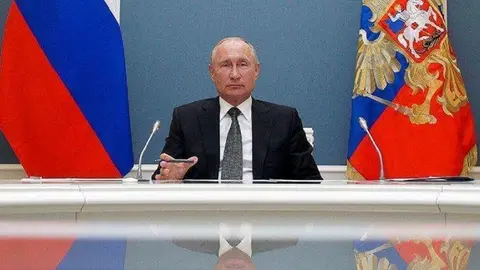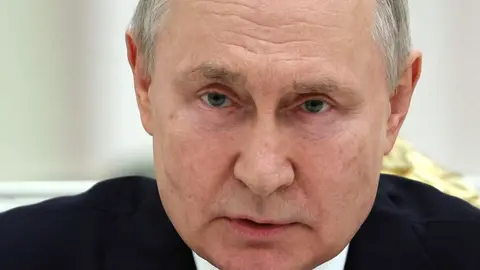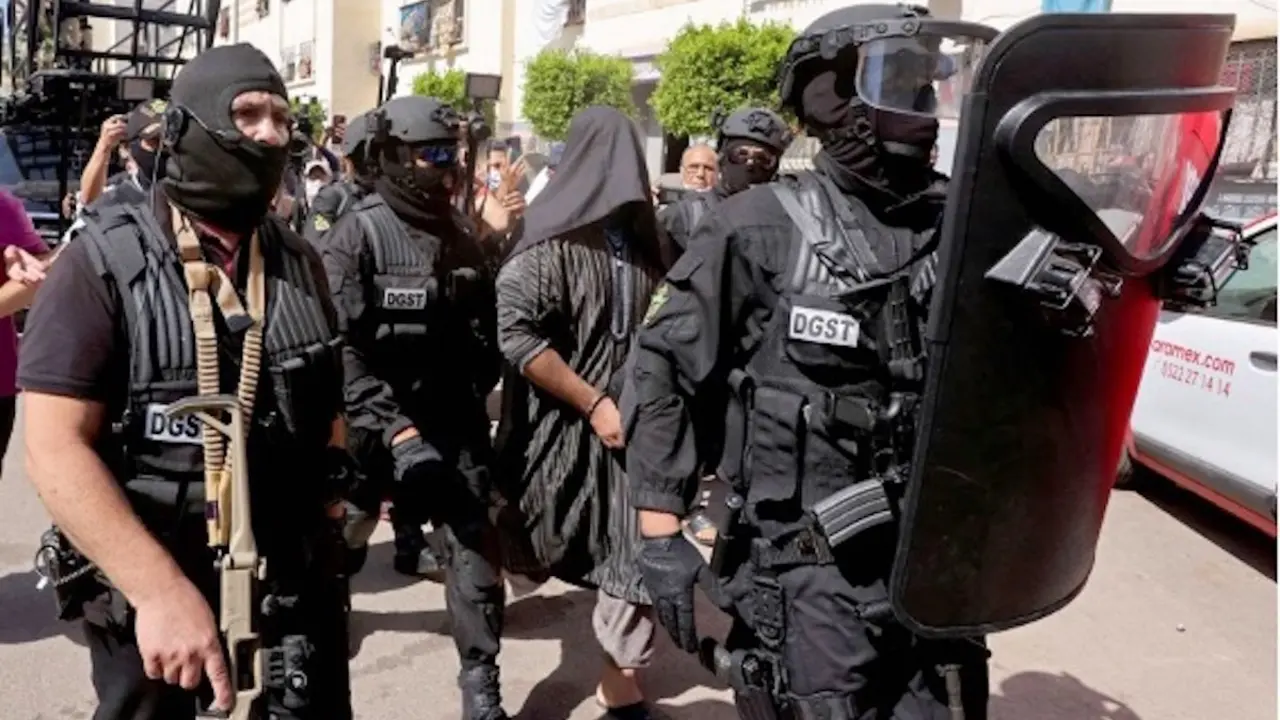Putin promises free grain to African countries

Russia needs to consolidate new alliances in the midst of the war in Ukraine, and is therefore seeking to strengthen its relations with African countries, a continent rich in natural resources that can also provide important diplomatic support. On the occasion of the Russia-Africa summit currently taking place in St. Petersburg, Russian President Vladimir Putin has sought to further strengthen ties with African leaders by promising to provide 25,000 to 50,000 tonnes of grain free of charge.
Putin is aware of the food insecurity suffered by many African nations, a crisis that has worsened considerably since the outbreak of the war in Ukraine, and the Russian president hopes to gain greater support from Africa by sending cereals.
According to the president, Russia "is ready to supply Burkina Faso, Zimbabwe, Mali, Somalia, Central African Republic and Eritrea with between 25,000 and 50,000 tonnes of grain free of charge over the next three to four months". Putin also assured that his country would bear the cost of transporting the grain, as reported by the Russian news agency Sputnik. Before the summit began, Putin had already stressed that Russia had the capacity to replace Ukrainian grain, one of the key issues of the meeting.

After announcing his decision, Putin also took the opportunity to slam the West in front of its African partners. The Russian leader accused Western countries of "hindering" grain supplies to Africa. "On the one hand, Western countries prevent the supply of our grain and fertilisers. On the other hand, they hypocritically accuse us of the current crisis situation on the world food market," Putin said.
However, it was Moscow that decided to withdraw from the agreement on grain exports across the Black Sea in mid-July, again putting pressure on many countries, especially in Africa. Indeed, several African leaders have expressed their rejection of this decision. "Russia's decision to exit the Black Sea grain initiative is a stab in the back to global food security prices and disproportionately affects countries in the already drought-stricken Horn of Africa," tweeted Korir Sing'Oei, head of Kenya's Foreign Ministry. US Secretary of State Antony Blinken has also called on the continent's leaders at the summit to demand answers about Russia's decision.
The decision by Russia to exit the Black Sea Grain Initiative is a stab on the back at global food security prices and disproportionately impacts countries in the Horn of Africa already impacted by drought. https://t.co/QESZSiQJBd
— Korir Sing'Oei (@SingoeiAKorir) July 17, 2023
The current tension between Russia and the West was very much in the air, both on the first day of the summit and in the days leading up to it. Before the forum began, Kremlin spokesman Dmitry Peskov condemned what he called "absolutely flagrant and blatant interference" by nations such as the United States and France, who tried to "prevent" African countries from participating in the meeting.
According to Kremlin figures, only 17 African heads of state are taking part, a low number considering the previous 2019 summit in Sochi or the December meeting of African leaders in Washington. Among the African leaders who have participated are Ethiopian Prime Minister Abiy Ahmed and Egyptian President Abdel Fattah al-Sisi, who held meetings with President Putin.
🇷🇺🇪🇬🤝 Presidents Vladimir Putin and Abdel Fattah el-Sisi meet and hold talks ahead of the #RussiaAfrica Summit in Saint-Petersburg.#RussiaEgypt pic.twitter.com/f1skcUgyfF
— MFA Russia 🇷🇺 (@mfa_russia) July 26, 2023
In addition to grain supplies, another of the key issues at the summit will be agreements in key areas such as energy and the military sector. In the latter, Russia's Wagner Group has a key role to play. Yevgeny Prigozhin's mercenaries are present in several countries and have been involved in several coups on the continent, as well as in human rights violations.
Yevgeny Prigozhin has resurfaced
— Samuel Ramani (@SamRamani2) July 27, 2023
He is meeting with the Central African Republic delegation at the Russia-Africa Summit in St. Petersburg pic.twitter.com/ggNi0YHrua
Prior to the Russia-Africa summit, Prigozhin assured that "there has been and will be no Wagner reduction in Africa" during an interview with the Afrique Média channel. After Prigozhin's attempted coup in Russia and his subsequent transfer to Belarus, Russian Foreign Minister Sergei Lavrov announced that agreements signed between Wagner and several African countries, including the Central African Republic, would be maintained.










